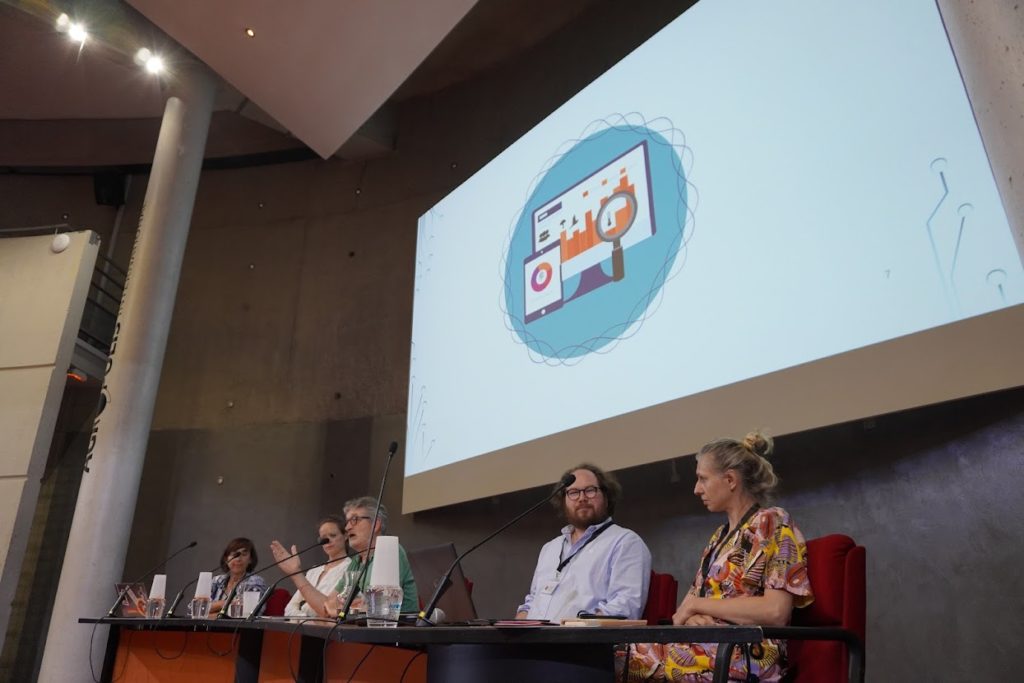MOOD case studies
The MOOD project is collaborating with national and international Public and Veterinary Health agencies in Europe (end-users) to enhance their Epidemic Intelligence capacity through currently five study cases on airborne, vector-borne, multiple transmission routes diseases, including AMR and disease X.
Goal of the MOOD case studies
The technical innovations envisioned by MOOD are based on the constant involvement and co-design with users to ensure they meet their needs. The MOOD case studies establish a close collaborative space where MOOD researchers and end-users discuss together the development of Epidemic Intelligence (EI) tools for a routine use. The case studies focus on model pathogens based on (1) their current impact on the European public health in terms of burden in humans and animals; (2) the economic cost related to their medical care and for outbreak monitoring and control; (3) their sensitivity to climate and other environmental changes and the potential to further emerge; (4) their representativeness of different disease systems (transmission routes) for which different data streams are needed to monitor and early detect possible outbreaks.
In the past year, the MOOD sociologists worked with end-users from Public Health and Veterinary Health agencies from five different countries to identify their daily working routines and desired innovations to improve disease detection, monitoring and assessment. This analysis provided an up-to-date overview of the innovations that end-users expect from the MOOD project.
The study cases will offer the occasion for MOOD researchers to help tackle major EI challenges on:
Data & Covariates
Text Mining
Modelling
Tool Access
MOOD's Case Study Diseases
Would you like to learn more about each disease description, literature review, profile, dashboard(s), associated publication, risk map, and various outputs? Visit the dedicated Case Study pages below.
MOOD platform for Epidemic Intelligence
3. Integrated generic and disease-specific modules for maximum flexibility and usefulness of the outputs.
The facilitators

The case study facilitator is the reference person for each case, in charge of coordinating the work on producing tools and solving users’ problems. This involves:
- - Organization of the activities related to the case, bringing together end-users and MOOD researchers to address specific questions as defined in the roadmap for each group;
- - Linking interdisciplinary issues within each case, and setting up collaborations between different MOOD teams to tackle the challenges;
- - Monitoring the progress for his/her group and in collaboration with the MOOD coordination team;
- - In collaboration with the impact assessment managers of MOOD set the indicators to measure the change of practices among EI practitioners, assess the impact of the innovations and the innovation pathway.
Helpful materials
Get in touch
The MOOD case studies are open to all PH/VH. If you are interested in one or more case studies , do not hesistate to contact the MOOD coordination!







